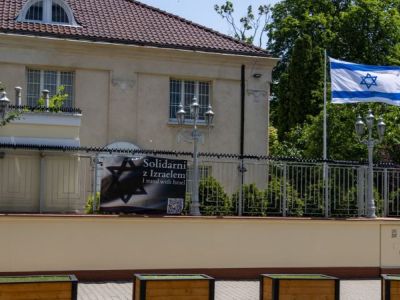Yemeni state news agency Saba overnight put the death toll in a mosque bombing in Sanaa at 32, as a Saudi-led coalition launched heavy airstrikes on the capital and the central city of Taiz Thursday.
Saba, controlled by the Houthi rebels who hold Sanaa, said a further 98 people had been injured in Wednesday's double bombing, responsibility for which was claimed on social media in the name of the Daesh (ISIS) extremist group.
Thursday morning saw the capital rocked by airstrikes by a Saudi-led coalition backing exiled President Abd-Rabbu Mansour Hadi, apparently targeting two military bases. There were no immediate reports of casualties.
Warplanes flew over the city from the early morning at an intensity not yet seen since the coalition launched its air campaign in March.
Recent weeks have seen reinforcements move across the Saudi border to join pro-Hadi forces in Marib, east of Sanaa, with Hadi supporters speaking of upcoming action to retake the capital.
Residents of Taiz reported nine or so airstrikes on Houthi positions in the city amid fierce fighting on the ground between the rebels, backed by army units, and local militias who have been trying to drive them out.
Meanwhile the United Nations warned that fighting in the densely populated region was causing "intense suffering by civilians," with at least 95 killed in "indiscriminate airstrikes and shelling" since mid-August.
The province's health system has nearly collapsed, with almost all public hospital services out of action despite cases of dengue fever rising to more than 400 in the last two weeks of August, the UN said.
The water network in Taiz has stopped pumping since August 18, and insecurity had halted a polio vaccination campaign and reduced treatment for malnourished children.
In August, food aid reached only 57,500 people, a small portion of those in need, the UN added.
The World Food Program recently warned that Yemen, one of the poorest Arab countries even before the conflict, was on the brink of famine, calling on the warring parties to open ports and allow humanitarian access throughout the country.
By Amal al-Yarisi and Pol O Gradaigh










